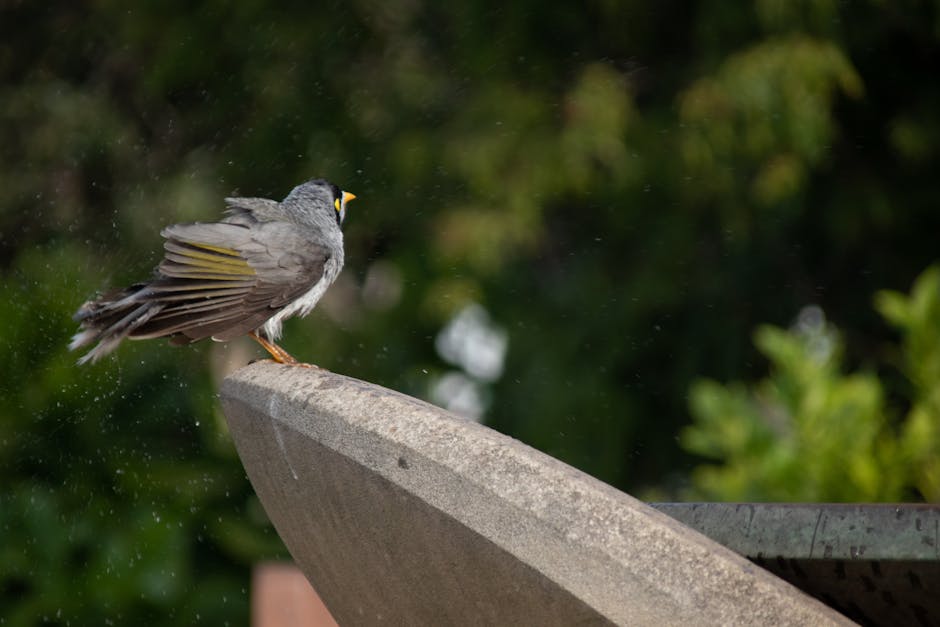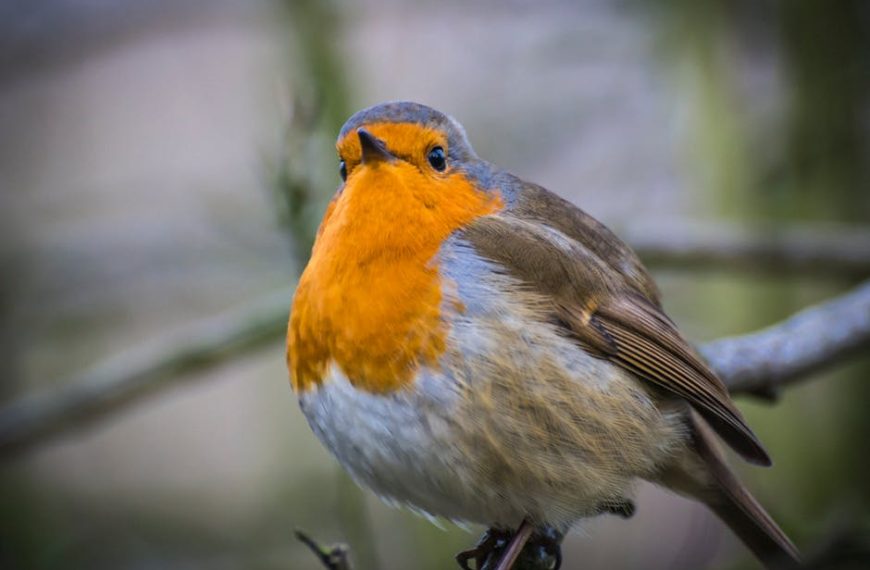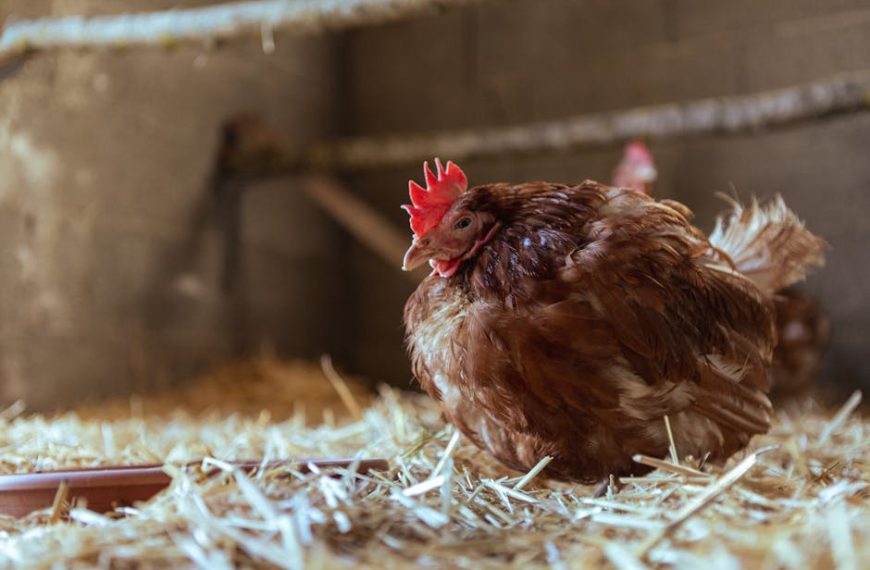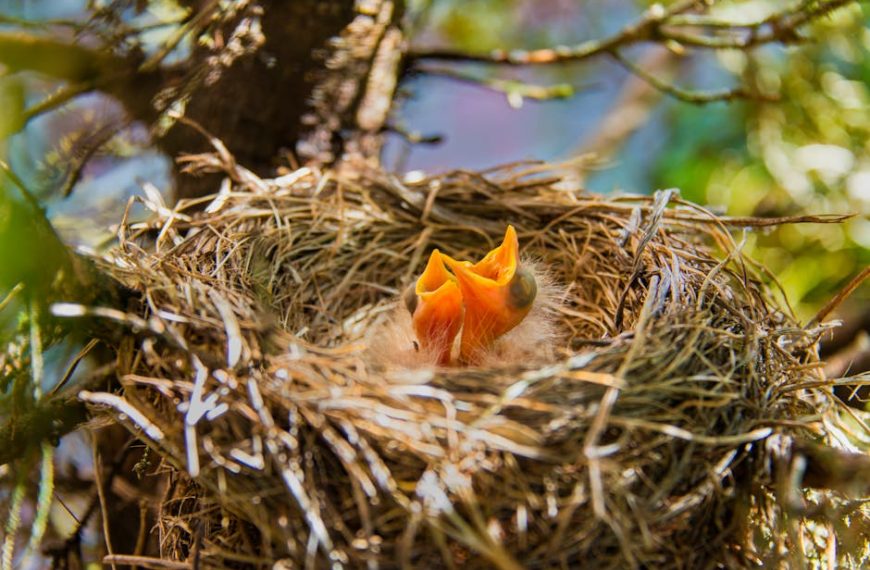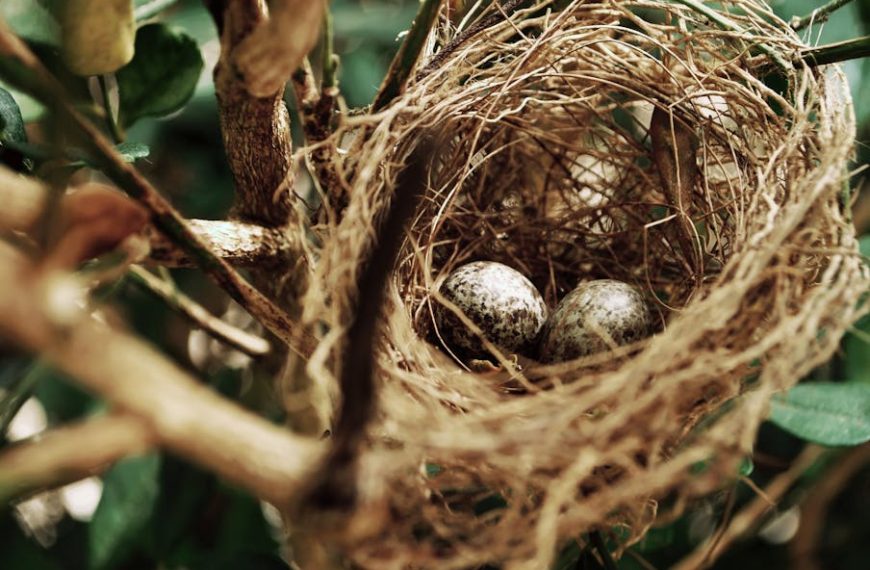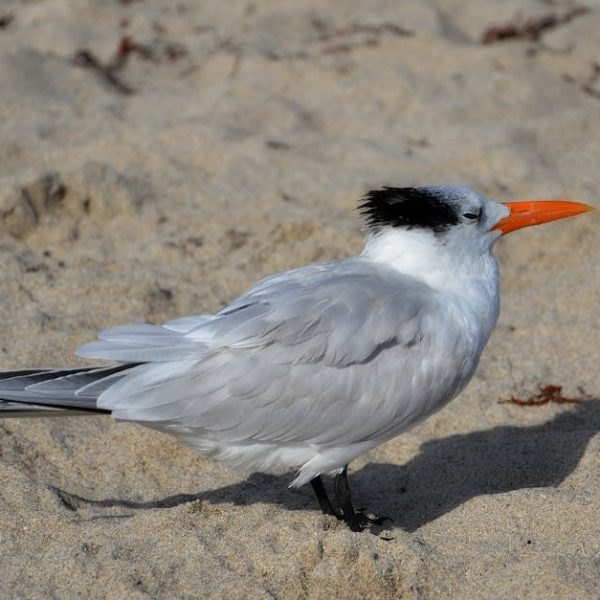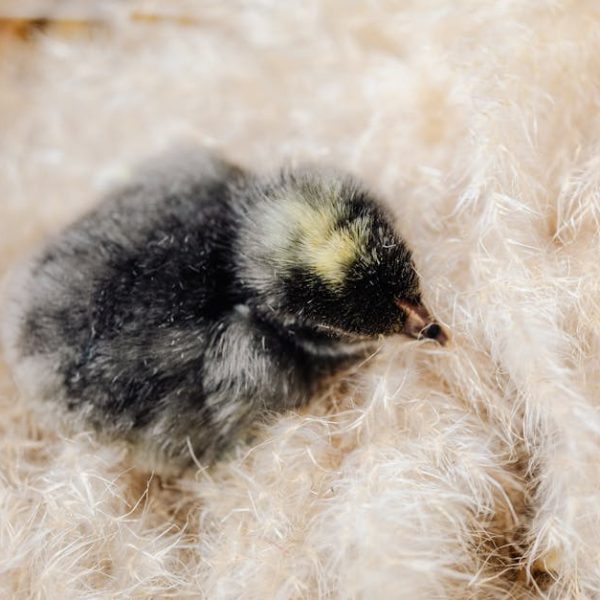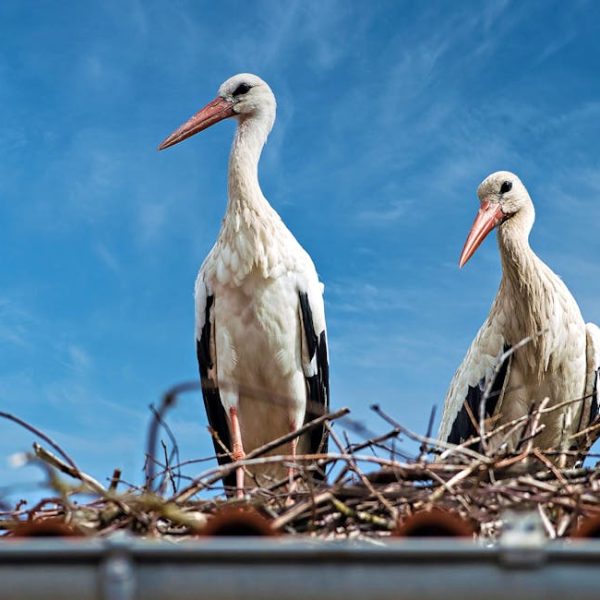Birds, as common as they are in our daily lives, carry out a variety of intricate and fascinating behaviors that many of us remain oblivious to. One such behavior is the ejection of eggs from their nest. This may sound counterintuitive, as instinctually, one would assume the need to keep and protect all eggs, however, birds have their reasons for this seemingly harsh act. This article aims to shed light on the reasons why birds exhibit egg ejection behavior, and how it plays into their survival strategy.
Understanding The Basic Bird Breeding Behavior
Birds are creatures of habits and their lives revolve around cycles of routines. Making a nest, laying eggs, hatching, and raising their offspring – these constitute the basic pattern of bird reproductive behavior. Common species like robins, sparrows, or blackbirds, each have their distinctive breeding mannerisms. While some nest solo, others form communal nests. Some lay a single egg each season, while others lay clutches of multiple eggs – all adaptations to maximize their chances of successful breeding.
ⓘ Pro Tip: If you’re a bird watching enthusiast, you might want to keep an eye out for mating displays, nest building activities, and the incubation period – these are tell-tale signs of birds’ breeding behavior taking its course.
The Concept of Egg Ejection in Birds
As paradoxical as it may seem, birds often eject one or a few eggs out of their nests. This isn’t driven by accident or misfortune; instead, it is a deliberate act. Some might perceive this behavior as cruel or unnatural, but it is a facet of birds’ unique survival strategy.
Best Practices: When observing this egg ejection behavior, it is crucial to maintain a safe distance. Disturbing the birds may have detrimental consequences and moreover, it’s best to respect their natural behavior.
A distinguishing feature of egg ejection is the difference in the condition or status of these ejected eggs, varying starkly from those chosen to be incubated.
Reason 1: Resource Management
Every choice made by a creature in the wild is a calculated decision, whether consciously or unconsciously. Birds are no exception – their decision to eject eggs from their nest can be a strategic move in resource management. Rearing offspring requires energy, time, and resources. By limiting the number of chicks, birds can effectively conserve their resources and ensure a higher survival rate for the remaining offspring.
Checklist: The decision for resource management can be influenced by various factors such as the availability of food, the quality of the nest location, the weather conditions, and even the physical condition of the parent birds.
Best Practices: As an observer, make sure to consider these factors, while documenting bird behavior, to provide a more accurate context to your observations.
Reason 2: Parasitic Invasion
Host-parasite interactions are among the most astounding facets of the animal kingdom. In birds, a remarkable example of this is the cuckoo’s strategy of laying its eggs in other species’ nests! The host bird, often unable to distinguish between its eggs and the invader’s, ends up raising cuckoo chicks along with its own. However, in some cases, the host bird may sense the intruder and eject the parasitic egg or even abandon the nest altogether. The egg ejection in this case serves as a defence mechanism against the parasitic invasion.
| Advantages | Disadvantages | |
|---|---|---|
| Defence Against Parasitism | Saves resources for their own offspring by eliminating the invader’s egg | On rare occasions, the bird might mistakenly eject its own egg! |
Best Practices: Spotting parasitic invasion can be challenging. Therefore, researchers and bird watchers should pay attention to the size, color, and pattern deviations of the eggs in the nest or observe any suspicious bird activity around the nest.
Reason 3: Sick or Infertile Eggs
Extraordinary as it may seem, some bird species have evolved to develop an acute sense of discernment that allows them to identify sick or infertile eggs in their nests. They then eject these eggs to focus their energy and resources on the viable ones. This might seem harsh from a human perspective, but again it’s all about survival in the wild where resources are often limited and conditions can be harsh.
| High Egg Ejection Rate | Low Egg Ejection Rate | |
|---|---|---|
| Example Species | House Sparrows, Goldfinches | White-winged Doves, Mourning Doves |
ⓘPro Tip: Look out for any neglected, ignored, or visibly different eggs in the nest. This could imply potential sickness or infertility in those eggs, making them candidates for ejection by the parent birds.
In conclusion, the expulsion of eggs from the nests by birds may seem harsh and unnerving but it is just another aspect of the intricate survival strategies that have evolved in the avian world. Understanding these behaviors helps us realize the complex decision-making processes birds undertake and appreciate the marvel that nature truly is.
Key Takeaway:
- Birds eject eggs from their nests for reasons related to their survival strategy including resource management, parasitic invasion, and recognizing sick or infertile eggs.
- The expulsion, contrary to typical nurturing behaviour, exhibits birds’ capabilities of decision-making and strategic planning.
- Egg ejection is not accidental or out of cruelty, but a deliberate act of self-preservation and selective nurturing based on various influencing factors.
Birds’ actions remind us of the marvels in our natural world and their intricate survival strategies. These fascinating behaviours are governed by a deep-rooted instinct for survival, and understanding them allows us to appreciate the complexity and resilience of nature. As observers, remember to maintain a respectable distance, minimize disturbances, and practice responsible wildlife observation.
FAQs
Q: Why do birds throw out their own eggs ?
A: Birds eject eggs from their nests for several reasons including efficient resource management, to deter parasitic invasions, and if they detect that an egg is sick or infertile.
Q: What happens to eggs after they are ejected from the nest?
A: Ejected eggs often break upon hitting the ground and are left as is. They may also be consumed by other animals or decompose naturally.
Q: How can birds tell if an egg is sick or infertile?
A: Many bird species have evolved distinct mechanisms that allow them to identify sick or infertile eggs, like noticing abnormal visual cues or behavioral changes.
Q: What is a common way birds try to avoid parasitic invasion?
A: Some birds have the ability to recognize and eject parasitic eggs laid in their nests by invading species, thus ensuring their resources are utilized by their own offspring.
Q: How can we observe and document bird behaviour responsibly?
A: Always maintain a safe distance from the birds and their nests. Avoid touching the eggs or the nest, which could cause unnecessary stress to the bird, and outrightly avoid areas during breeding season if the species is known to be sensitive.
We appreciate your curiosity and interest. Please feel free to share this article with others who may find it interesting and check out our other posts for more engaging content.
